#kotoko
Text

i made this as quick as humanly possible. ive been waiting for this moment for days
546 notes
·
View notes
Photo
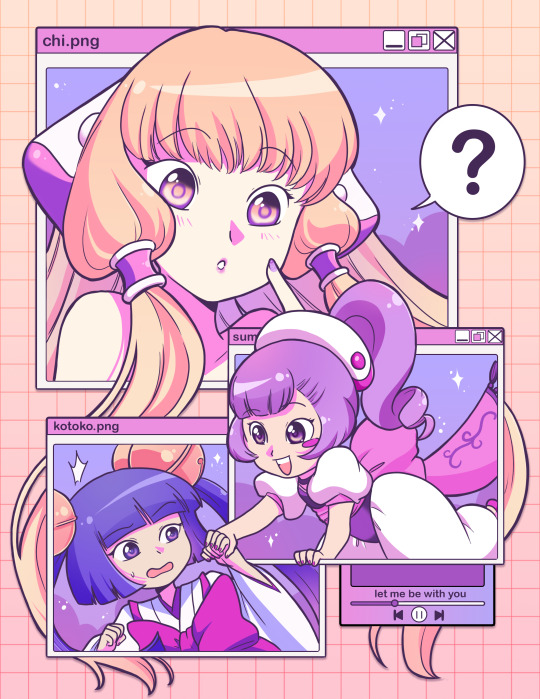
Throw back!
Ko-fi | Patreon
1K notes
·
View notes
Text
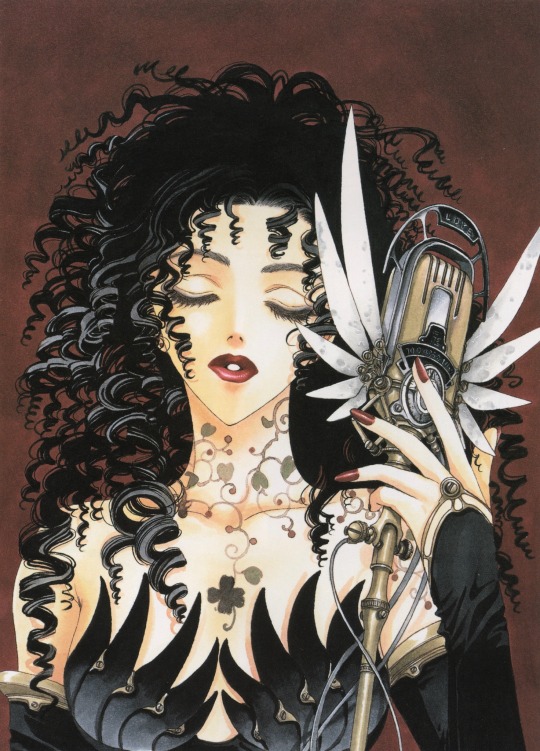

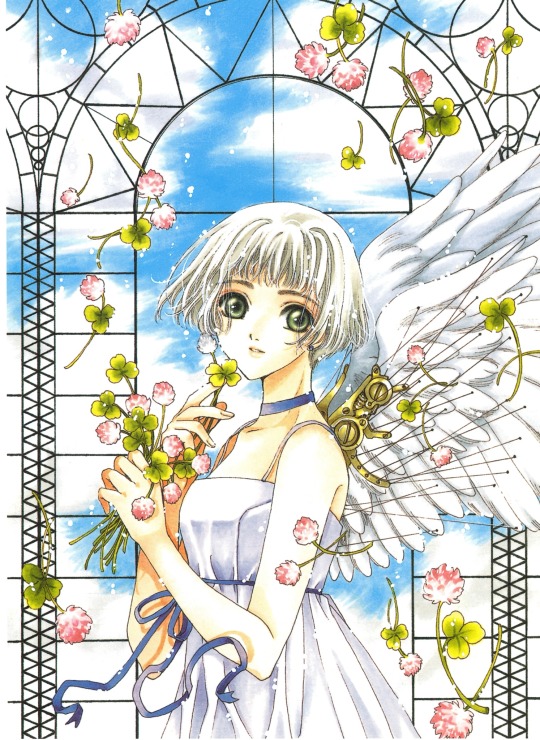
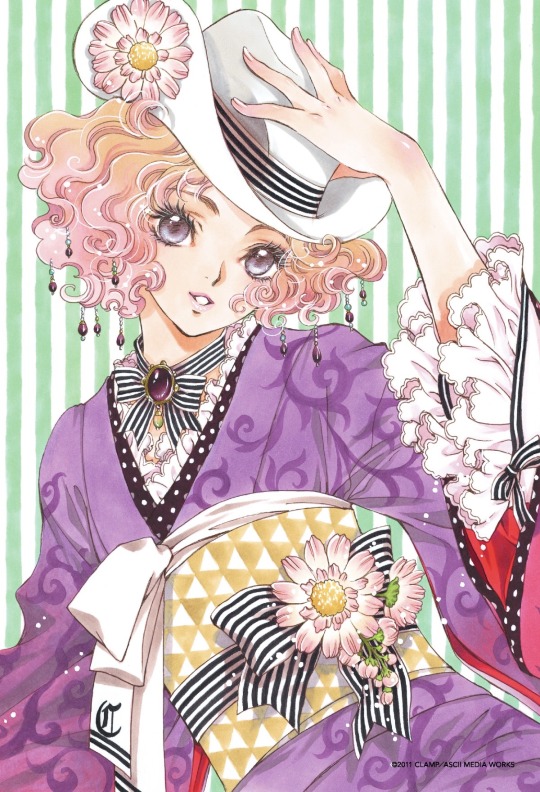


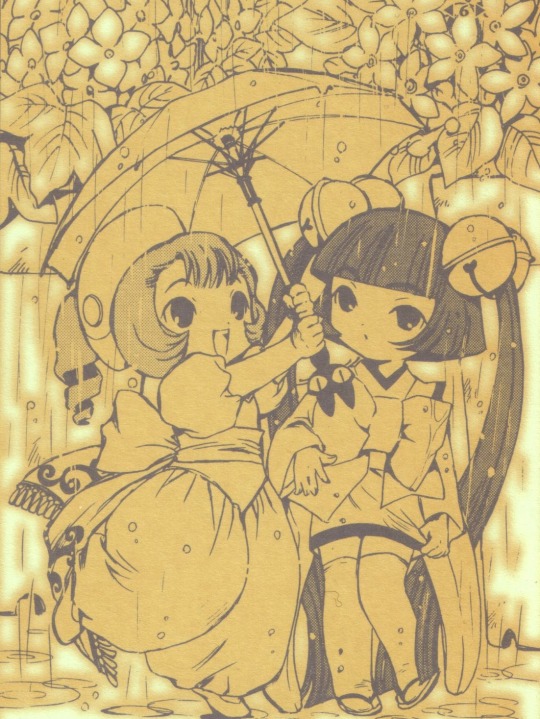
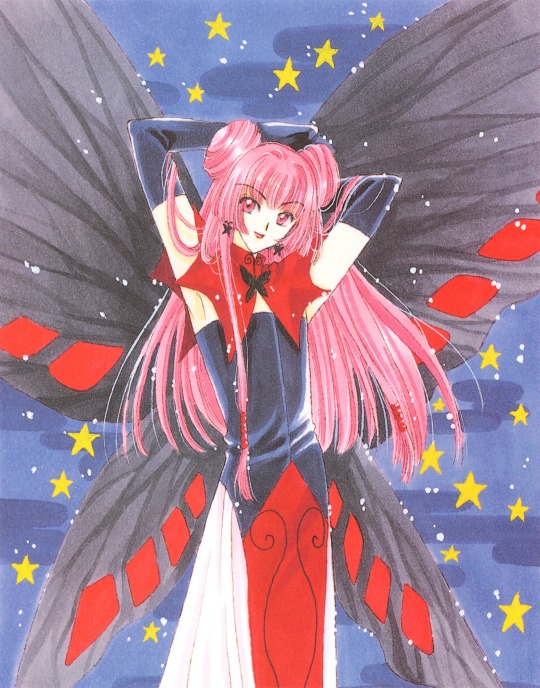
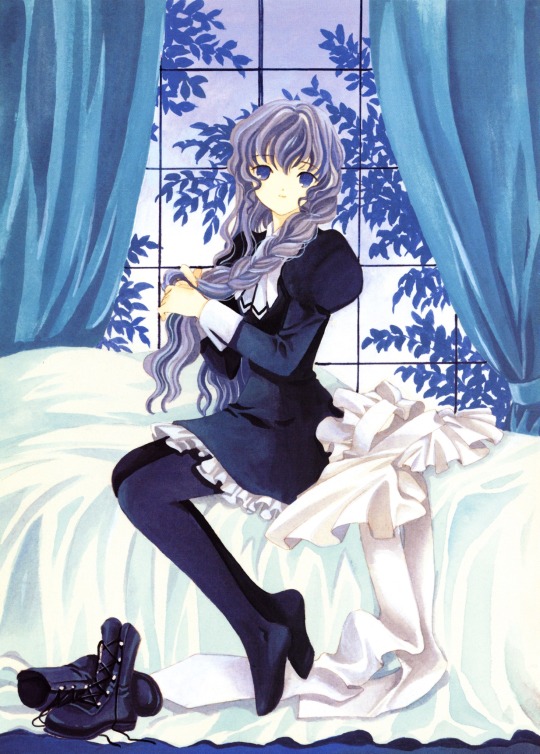
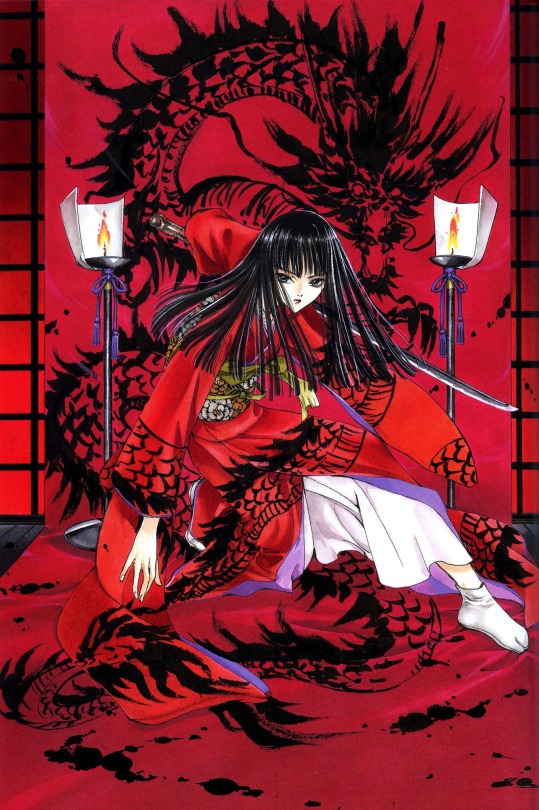
CLAMP - Girls
#clamp manga#clamp#clamp anime#clamp in wonderland#tsubasa reservoir chronicle#tsubasa chronicle#tsubasa chronicles#tsubasa rc#cardcaptor sakura#card captor sakura#cardcaptor clear card#card captor clear#tsubasa tokyo revelations#clover#x#x1999#x 1999#xxxholic#xxx holic#tokyo babylon#tomoyo daidouji#sumomo#arashi#kishu arashi#kishu#kotoko#nadeshiko#kinomoto nadeshiko#maru#oruha
71 notes
·
View notes
Text
YOUR DAILY REMINDER TO GO HERE AND VOTE KOTOKO AS GUILTY

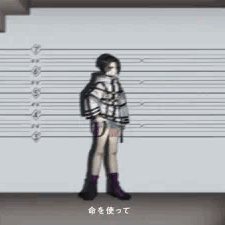


SHE PROBABLY BEAT YOUR FAVE TO NEAR DEATH
SHE OPENLY SAYS SHE WILL BEAT THE 12 YEAR OLD ABUSE VICTIM NEAR DEATH IF VOTED INNOCENT
SHE PREYS ON ES’ INSECURITIES TO MAKE THEM FEEL LIKE THEY NEED HER HELP
SHE’S CANONICALLY MISOGYNISTIC (calls another woman a slut) AND ABLEIST (calls an intellectually disabled person a doltish parasite)
SHE’S ALSO CANONICALLY HOMOPHOBIC AND USES SLURS (in the french version)
A Kotoko fan? SHE WILL NEVER ESCAPE HER WARPED SENSE OF JUSTICE WHICH SHE FEELS TRAPPED IN IF VOTED INNO
(plus also we need to get her guilty ratio at least higher then the kinda-bitchy high school girl)
DOCTORS RECOMMEND VOTING KOTOKO GUILTY AT LEAST ONCE PER DAY!! So start NOW!

#thank you to my boyfriend for managing to get the screenshot of 100% guilty kotoko lmao#YES this is my version of that one ‘vote kazui innocent’ post#kotoko yuzuriha#milgram#the milgram project#kotoko guilty propaganda#<- an original tag for ppl to block because i WILL be reblogging this semi regularly.#save#kotoko#azure does a thing
104 notes
·
View notes
Text
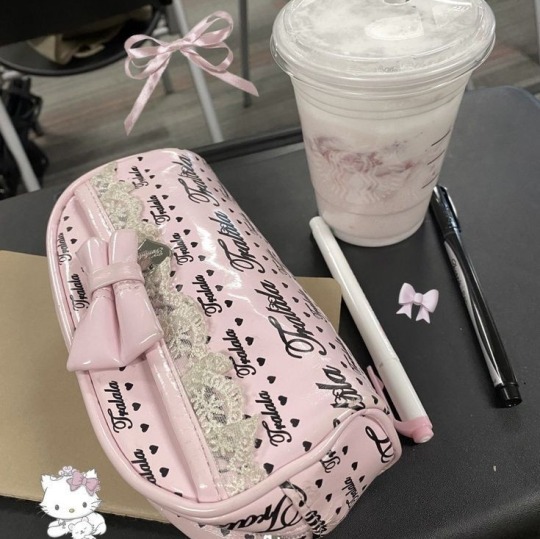
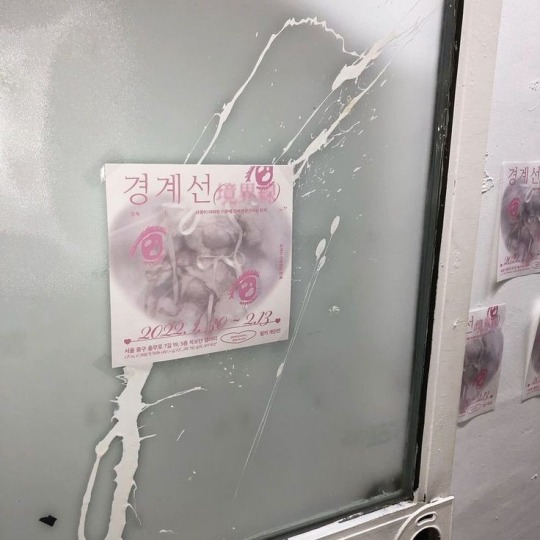
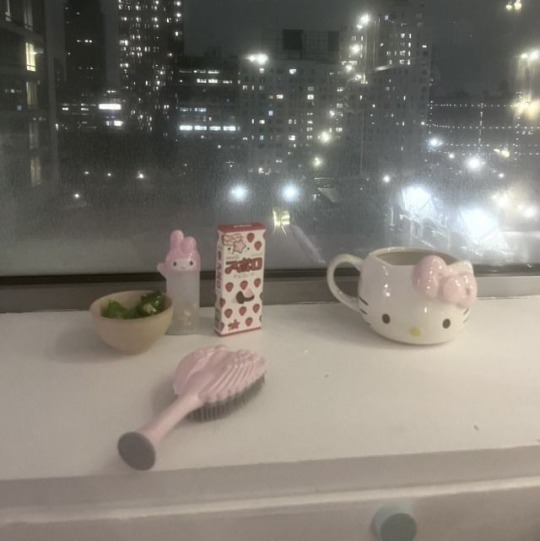
✿ 🌸 ₊ ⻝ ヾ(´ ▽ )
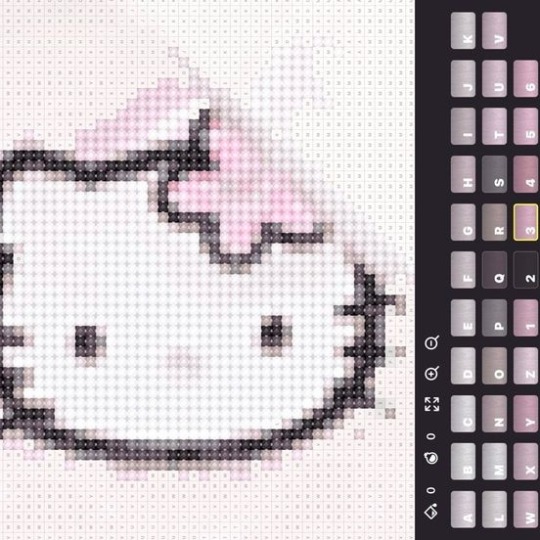


✿ 🎀 ₊ ⻝ ヾ(´ ▽ )



#slei-o#aesthetic#kpop aesthetic#aesthetic moodboard#coquette#kpop moodboard#UNIS#soft girl#kotoko fujiyoshi#kotoko#catallena#pink aesthetic#y2k pink#messy layouts#kotoko moodboard#universe ticket#japan#coquette pink#coquette moodboard
58 notes
·
View notes
Text



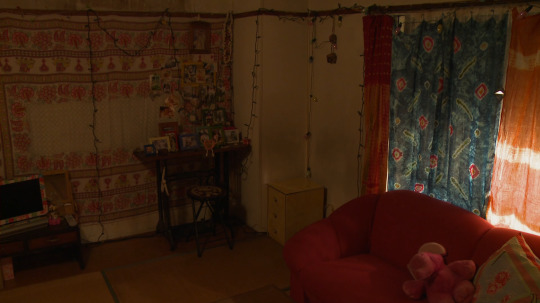

kotoko (2011)
#kotoko#film#movie#cinema#art#edit#screencaps#photography#cinematography#indie#2010s#shinya tsukamoto#cocco
120 notes
·
View notes
Text
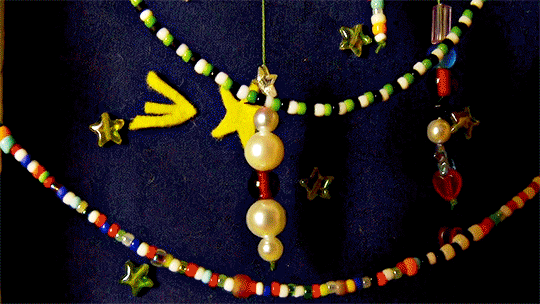


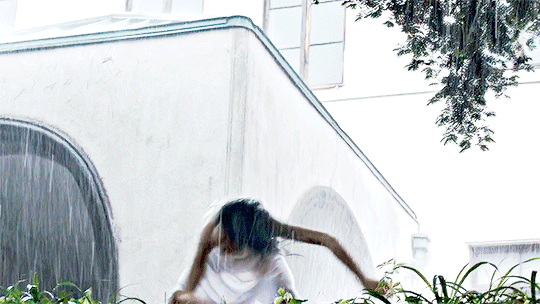

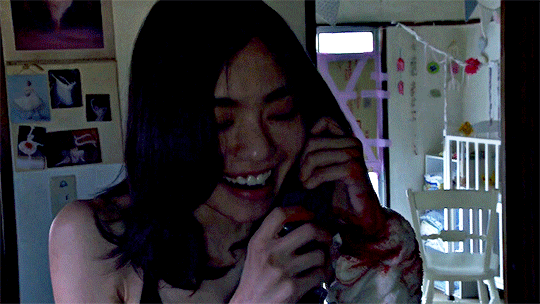

I am going to be happy and surprise all of those who left me. All of those who deserted me. I'm going to be so happy and surprise them all.
Kotoko (2011) dir. Shinya Tsukamoto
#filmtv#filmgifs#filmedit#horrorgifs#horroredit#fyeahmovies#moviegifs#movieedit#kotoko#cocco#makishi satoko#shinya tsukamo#*mygifs#*film#long post#tw: blood#tw: weapons#tw: gore
122 notes
·
View notes
Text

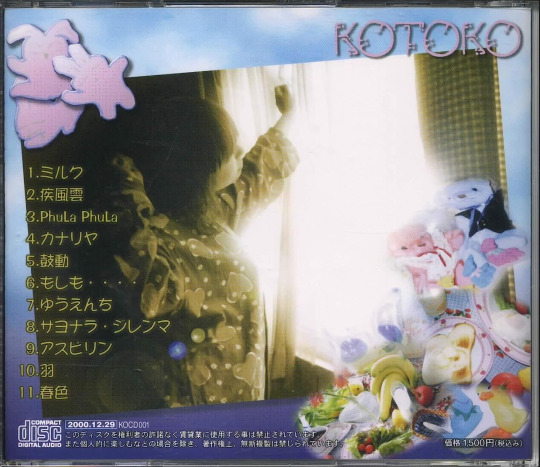
KOTOKO 「空を飛べたら・・・」 2000年12月29日
153 notes
·
View notes
Text

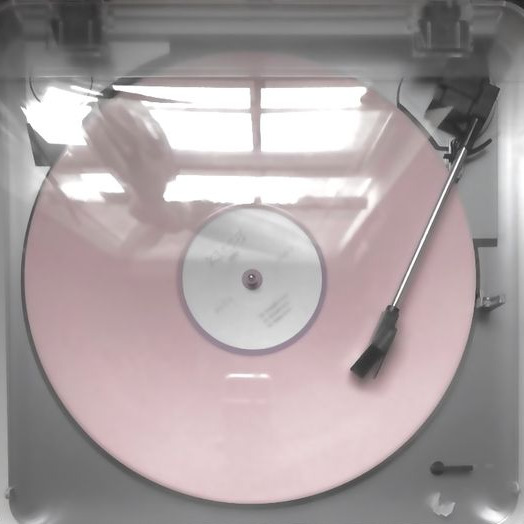

why you gotta play that song so loud?



because we want to! because we want to!

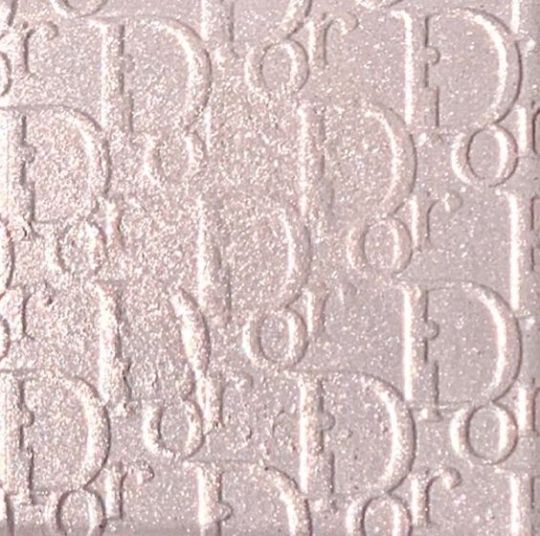

#kotoko#fujiyoshi kotoko#kotoko fujiyoshi#universe ticket#unis#gg#kpop#coquette moodboard#pink moodboard#soft moodboard#white moodboard#gray moodboard#messy moodboard#clean moodboard#kotoko icons#kotoko packs#kotoko moodboard#unis icons#unis packs#unis moodboard#gg icons#gg packs#gg moodboard#kpop icons#kpop packs#kpop moodboard
41 notes
·
View notes
Text
ok the more i go over it the more convinced i am that i may be right that the translation of Kotoko's interrogation answer is incorrect.
so now i want to give my take on what the translation could be.
here's what the question and answer is in Japanese:
Q:
「正義同盟」 を知っているか?
A:
何それ。
知らないけど徒党を組まなきゃ
正義を成せないなんてろくなもんじゃないね。
and my personal translation would be something like:
Q:
Have you heard of the "Justice Alliance"?
A:
What?
No, I haven't. But, I mean, if we don't band together, we can't achieve justice, and that's unacceptable.
now i'll try my best to explain how i came to this translation.
何それ。
yep nothing to add really. "What's that?", or just "What?" if you want to sound more casual.
also "それは何?", the more textbook way of phrasing the same question has a different feeling than "何それ". "何それ" sounds a lot more curt. so "What?" or "What." just fits better than the full phrase of "What's that?".
知らないけど徒党を組まなきゃ
正義を成せないなんてろくなもんじゃないね。
"知らないけど" is just "I don't know, but...". so, so far this is the same as the translation by the unofficial eng milgram twitter.
"徒党を組まなきゃ" is where i start to deviate. なきゃ is a contraction of なければ. this is a negative conditional conjugation (one of them, at least. there's different ways to conjugate the conditional form of verbs in Japanese, but this isn't a Japanese lesson so i'm not gonna explain all that lol). this would make it "If (conditional) we don't (negative) [verb]..."
"徒党を組む", the unconjugated form of this verb/phrase, means "to form a faction/to band together". so now taking into account the negative conditional conjugation, we have "If we don't band together..."
using this specific conjugation is a very common way to phrase statements like "If we don't do x, there will be a negative outcome". the "there will be a negative outcome" part will depend on the context, obviously. "If we don't study for our test, we won't get a good grade", "If we don't sleep, we won't be in a good mood", etc.
this way of phrasing usually uses a double negative. so the conditional is conjugated in the negative and the possible outcome is conjugated in the negative. this double negative then makes the meaning 'positive'. which is why these phrases are usually translated as "We have to do x" or "We should do x". because that's the idea being conveyed. "If we don't do x, that'll be bad; so we must do it."
the 'outcome' in this sentence is "正義を成せない". unconjugated, this would be "正義を成す", meaning "to achieve justice". the conjugation being used here is the negative potential form. so taking into account the conjugation now, we have "We can't (potential, negative) achieve justice".
so if we now put "徒党を組まなきゃ" and "正義を成せない" together, that would give us something like "If we don't band together, we can't achieve justice".
now, this is all preceding "なんて". to keep it short, "なんて" in this sentence basically just acts as a ~spicy~ "は". "は" is a particle used to mark the topic of a sentence, so what the sentence is generally about.
this means the sentence is discussing the idea of 'not being able to achieve justice because we didn't band together for it'. the rest of the sentence is then 'about' this idea.
"ろくなもん" is made up of "ろくな", an adjective meaning "satisfactory/good/respectable/etc", and "もん", a contraction of "もの" which means... well it can translate to a lot of different things and also sometimes can't even be directly translated at all. i don't really think it's all that important to pinpoint how もん is specifically being used in this case. it's likely just being used in a sort of 'fluffy' manner to emphasize her point, so it likely has no direct translation and doesn't really impact the overall meaning of the sentence.
lastly we have "じゃない", which is making it so she's saying whatever she is talking about in this sentence (the main idea i stated a paragraph ago), isn't "ろくな", or "satisfactory/good/respectable/etc".
the "ね" at the very end is a sentence ending particle used when the speaker expects that the listener agrees with what they're saying (it also has other ways it's used, but, again, this is not a Japanese lesson lol). often this gets translated as ", right?" or ", isn't it?". but... personally i find that translating it as that can make it kinda clunky and less natural sounding depending on what's being said. so in this case, i've more or less ignored it.
if anyone disagrees with any of this or has any corrections (because i am definitely Not fluent and have lots to learn still!!), please feel free to say something! i do not want to be walking around in clown shoes honking my clown horn!
55 notes
·
View notes
Text
Kotoko - Shinya Tsukamoto 2011
70 notes
·
View notes
Text
"Agony" - Kannazuki no Miko - October 2, 2004
Requested by Anon
69 notes
·
View notes
Text
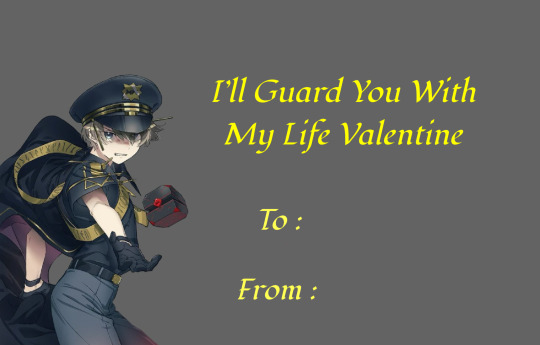




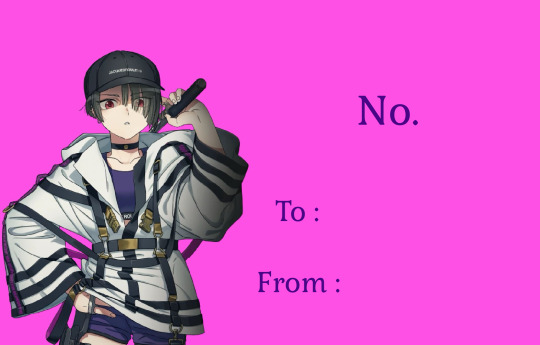
4 out of ?
here the other Six characters cards and I hope you like my Trial 2 Valentine cardsand happy Valentine day 💝💝💝
(Trial 3 Coming Soon 😆😆😆😆)
Part 1 Part 2 Part 3
#ミルグラム#Milgram#Milgram spoilers#eye contact#Mahiru#mahiru shiina#Kazui#kazui mukuhara#Amane#amane momose#mikoto kayano#Mikoto#Kotoko#kotoko yuzuriha#Es#valentine day#Valentine Cards
63 notes
·
View notes
Text






✦ unis icons 💬 like/reblog if use ✦







#icons#packs#layouts#moodboards#120x120#kpop#unis#hyeonju#nana#seowon#gehlee#elisia#kotoko#yunha#yoona
38 notes
·
View notes
Text

yeah.
#INTERNET OVERDOSE#Coffee's sillies#Needy streamer overload#KAngel#Kotoko#Aiobahn#Side note I saw a poll going around asking if Internet Overdose or Internet Yamero was better#I mean don't get me wrong I love Internet Yamero as much as the next girl but INTERNET OVERDOSE'S ICONIC ITS SO GOOD I#I love Internet Overdose so much it's not even funny.
25 notes
·
View notes
